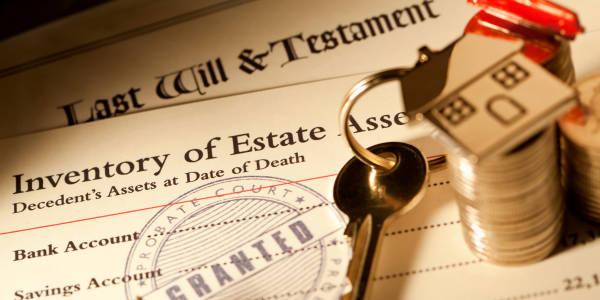
When a loved one passes away in Connecticut, navigating the probate process is a crucial step for settling their estate. At the Charles L. Kurmay Law Office, we are committed to guiding you through each stage of this complex process. Here’s a concise roadmap to understanding and managing probate in Connecticut.
Understanding Probate in Connecticut
Probate is the legal process by which a deceased person’s will is validated, and their estate is administered. If the decedent left a will, the property is distributed as per the will’s directives. Without a will, Connecticut’s intestacy laws come into play, dictating how the estate is divided among the heirs.
The Probate Process: Key Steps
- Filing the Will and Petition: Within 30 days of the death, pursuant to statute the will must be filed in Probate Court. While one doesn’t necessarily have to do so, it typically makes sense to apply to open an estate at the same time. This includes submitting the death certificate and notifying all heirs and beneficiaries and is the beginning of the probate process.
- Probate Hearing: A hearing may be scheduled to allow interested parties to express concerns or ask questions. The hearing can be waived if all parties agree, or streamlined if no objections are raised by a specified date.
- Appointment of Executor or Administrator: The court appoints an executor (as named in the will) or an administrator (if there is no will) to manage the estate. A probate bond might be required unless waived under certain conditions.
- Inventory of Assets: The executor/administrator must inventory the decedent’s assets within two months of their appointment, listing everything from real estate to personal belongings, and determine their fair market value.
- Managing Estate Finances: It’s crucial to secure assets and manage the estate’s finances separately from personal funds. This includes everything from maintaining property to addressing any specific items such as firearms.
- Handling Real Estate: If the decedent owned real estate, a Notice for Land Records must be filed to inform local town clerks of the fiduciary’s appointment.
- Paying Debts and Taxes: The estate must settle any debts and taxes. The executor/administrator should anticipate cash needs and may need to sell assets not specifically bequeathed.
- Filing Tax Returns: Federal and state tax returns must be filed, and any due taxes paid. In Connecticut, estate and gift taxes may apply, and probate fees are calculated based on the estate’s value.
- Distributing Assets: Once all claims, debts, and taxes are settled, assets are distributed to the beneficiaries as outlined in the will or according to intestacy laws.
- Closing the Estate: Finally, an Affidavit of Closing of Estate is filed, marking the fiduciary’s final act and officially closing the estate.
The probate process can be intricate and emotionally taxing, but you don’t have to navigate it alone. The Charles L. Kurmay Law Office offers the expertise and sensitivity needed to handle your probate matters effectively. For more detailed assistance or to discuss your specific probate needs, contact us. We’re here to ensure that the probate process is handled smoothly and respectfully, honoring your loved one’s legacy while protecting the interests of all parties involved.




